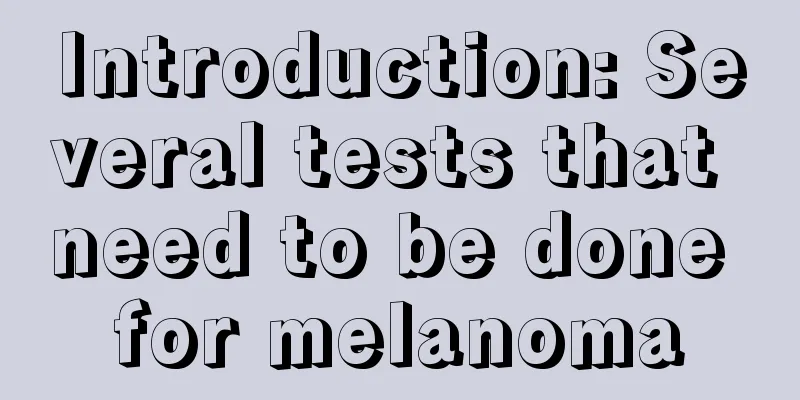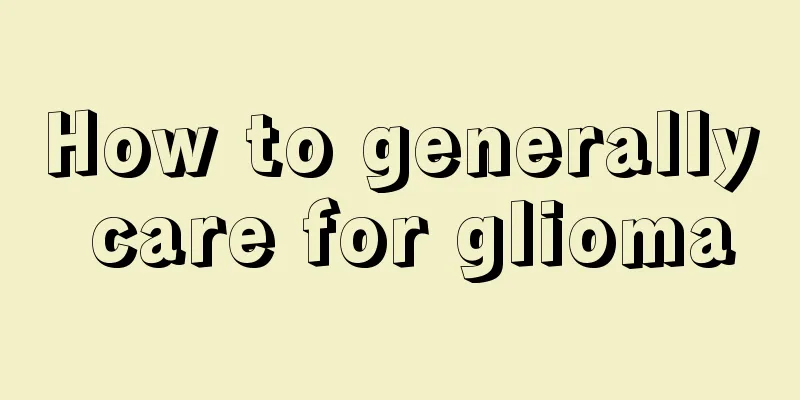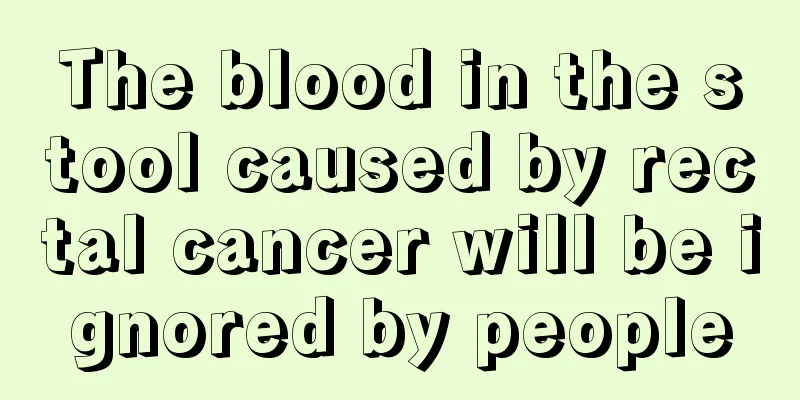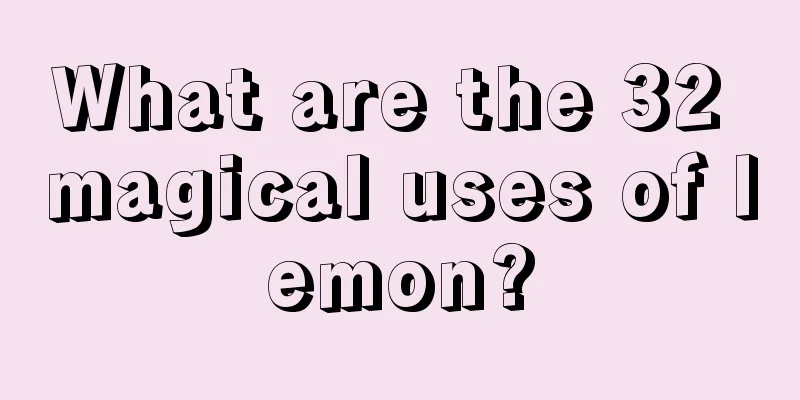Treatment of thyroid cancer
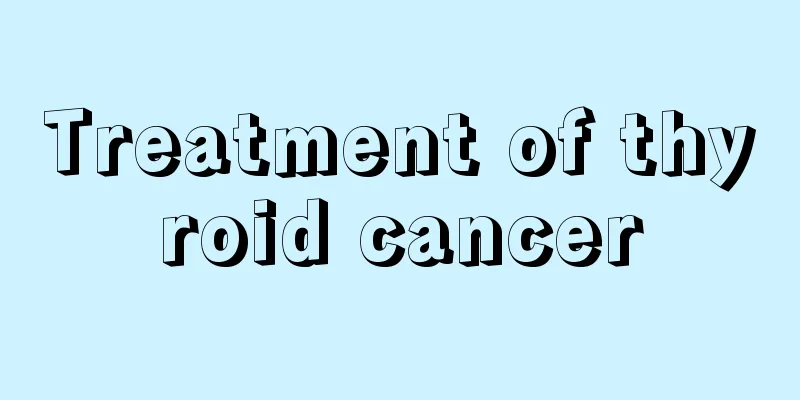
|
The treatment of thyroid cancer emphasizes correct, effective, reasonable and adequate treatment, and follows the principles of tumor surgery. 1. Surgical treatment Surgery is the main treatment for thyroid cancer. The surgical method mainly depends on the size of the tumor, the degree of penetration of surrounding tissues, the metastasis of cervical lymph nodes and the extent of metastasis, and whether there is distant metastasis. The main operation methods are as follows: ⑴ Unilateral thyroid lobe isthmus resection: When the tumor is limited to one side of the thyroid gland, unilateral thyroid lobe isthmus resection can be performed. Tumor excavation and local resection cannot be performed, which is likely to cause tumor residue. When the tumor invades the other side of the thyroid gland, subtotal resection or total thyroidectomy should be performed. ⑵ Combined treatment of thyroid cancer: When thyroid cancer is accompanied by cervical lymph node metastasis, thyroid lobectomy on one side with cervical lymph node cleaning should be performed. Whether thyroid cancer has cervical lymph node metastasis should be determined by a comprehensive judgment of detailed physical examination, B-ultrasound or CT examination and doctor's examination by an oncologist. The extent of lymph node cleaning and cleaning depends on the result of the comprehensive judgment. After comprehensive judgment, if there is no lymph node metastasis in the cervical lymph nodes, cleaning will bring greater trauma to the patient, the surgical incision will be long, and there will be many complications, which will affect the patient's quality of life. If there is no lymph node metastasis, close observation will be conducted, and surgical treatment of neck recurrence will not affect the patient's prognosis. 2. Radiotherapy Papillary thyroid carcinoma and follicular thyroid carcinoma are not sensitive to radiotherapy, and organs adjacent to the thyroid gland, such as the thyroid cartilage, trachea, and spinal cord, have low tolerance to radiotherapy. Therefore, these two types of cancer cannot be treated with radiotherapy if they are completely removed surgically. 3. 131I therapy When papillary and follicular thyroid cancers have spread to distant sites, such as the lungs and bones, the thyroid gland can be completely removed. 4. Endocrine therapy: TSH stimulates the growth of papillary thyroid carcinoma and follicular thyroid carcinoma. Inhibiting TSH can reduce the recurrence and metastasis rates of thyroid cancer. |
<<: Can nasopharyngeal cancer be cured? Are there any dietary treatments?
>>: What supplements should lung cancer patients take?
Recommend
What is the cause of pain in the right kidney area
For the human body, almost every organ plays a vi...
How terrible is the harm of thyroid cancer
Due to the irregularity, high pressure and fast p...
What are the functions and components of glucose monohydrate?
In life, many people are familiar with glucose mo...
Hormone drugs cause weight gain
Many diseases require oral administration of horm...
Where should I scrape for stomachache
In life, many people often have stomachache. The ...
Is gallbladder cancer a genetic disease?
Some patients with gallbladder cancer and their f...
The dangers of testing positive for Ureaplasma urealyticum should not be underestimated!
Studies have found that ureaplasma urealyticum is...
What should I pay attention to with high concentration of potassium chloride
High-concentration potassium chloride is very eff...
Can ceramics be heated in a microwave?
Now people's living standards are getting hig...
What to eat for oral mucosal ulcers?
Oral mucosal ulcers, also known as oral ulcers, a...
How long does it take to soak black fungus
Fungus is rich in iron, which can replenish blood...
What are the risk factors for bladder cancer?
Bladder cancer is a malignant reproductive tumor....
The most effective way to stay awake after staying up late
People who often stay up late have poor sleep qua...
Do you usually wear underwear under a swimsuit?
Many girls will encounter a problem when swimming...
Can persimmon leaves remove spots? How to remove spots?
The leaves of the persimmon tree are just worthle...
